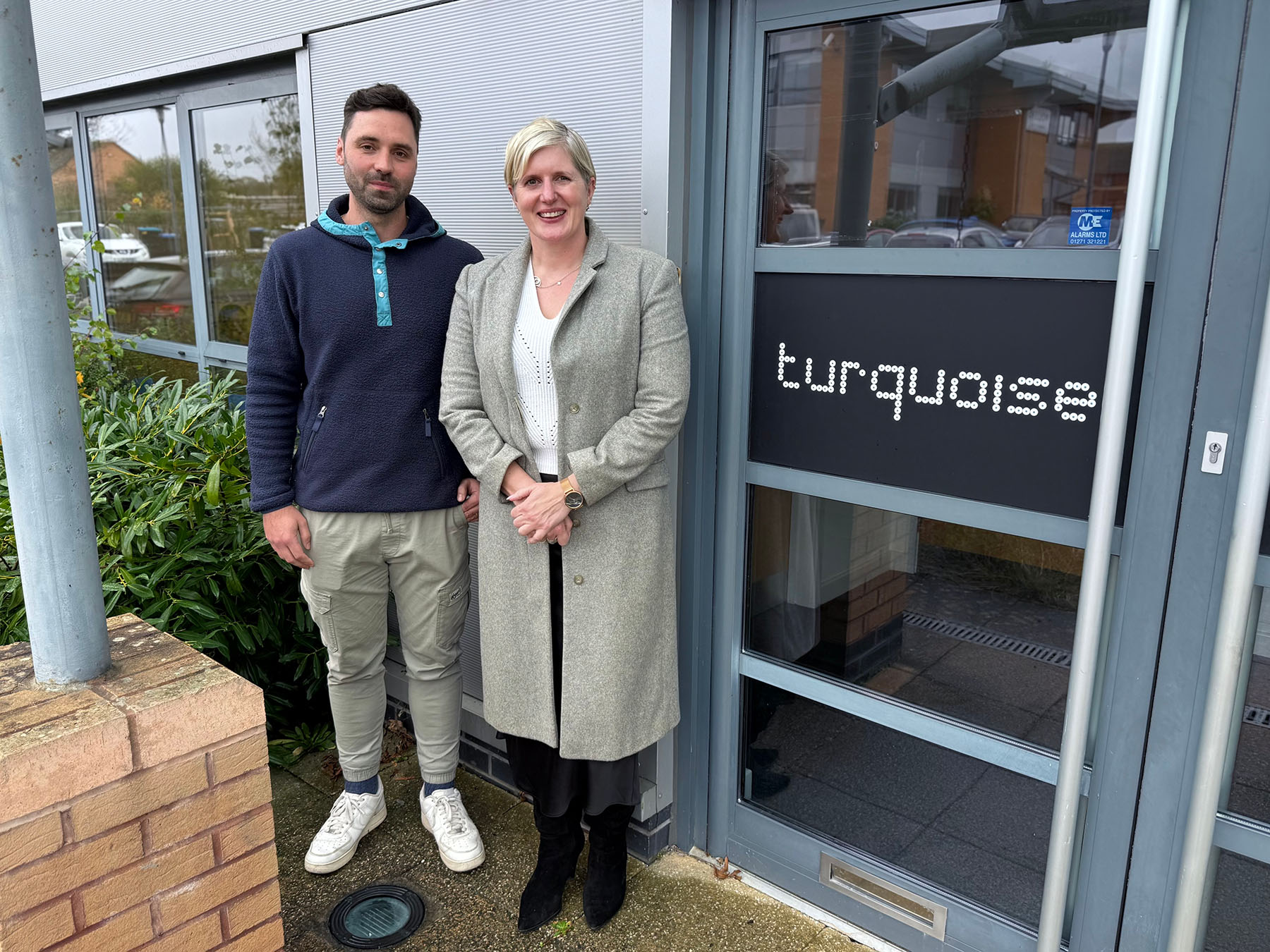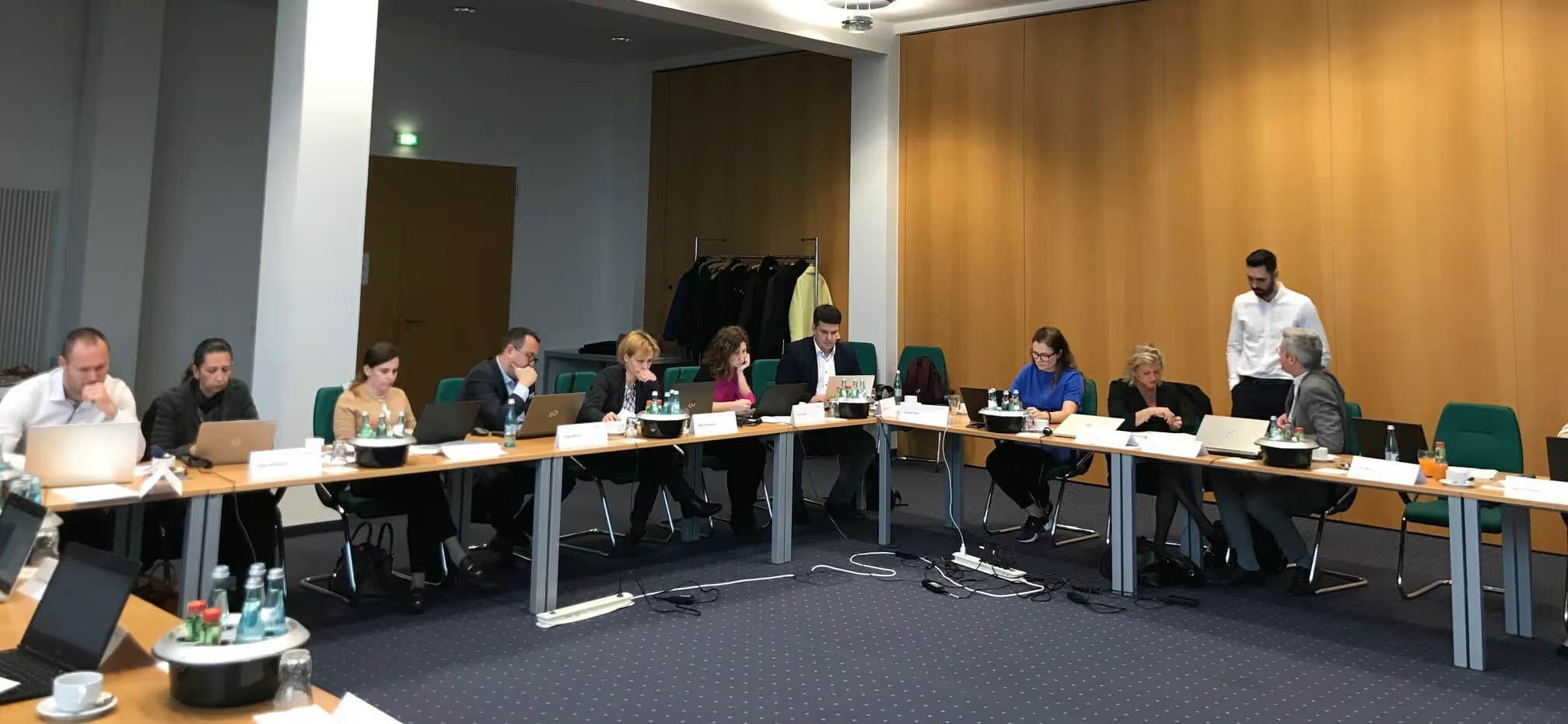
Insight
20th April 2021
Higher education using market research to stay relevant
The world of higher education is constantly changing – and not just as a result of the unprecedented events of the past 12 months. From a broader perspective, there is a steady increase in the number of people entering higher education. These include students from both developed and developing nations, and encompass all types of learning, whether campus-based, online or a combination of the two.

By 2030, global household expenditure on education, meaning direct spending by students and their families, is expected to rise by US$ 200 billion.





























